China's National Bureau of Statistics (NBS) has just announced that the country's CPI in June increased by 0.1% compared to the same period last year. After 4 consecutive months of decline, this index reversed to increase for the first time. Compared to the previous month, the CPI decreased by 0.1% but the rate of decrease has slowed down.
Specifically, gasoline and electric vehicle prices increased by 0.5% and 0.3% respectively compared to the previous month. High-tech sectors such as smart wearables, microwave communications equipment, aerospace equipment and servers also recorded increases compared to the same period last year.
Core CPI, which excludes food and energy prices, rose 0.7% year-on-year, the biggest gain in 14 months. "Policies to stimulate domestic demand and boost consumption continued to be effective in June," Dong Lijuan, a senior economist at the NBS, said in a report.
The developments come as China's economy faces challenges from the global trade war and weak domestic demand.
China’s manufacturing activity had previously shown signs of improvement in June after President Trump agreed to delay higher tariffs on Chinese imports for 90 days, but a recent survey showed the overall manufacturing sector was still contracting.
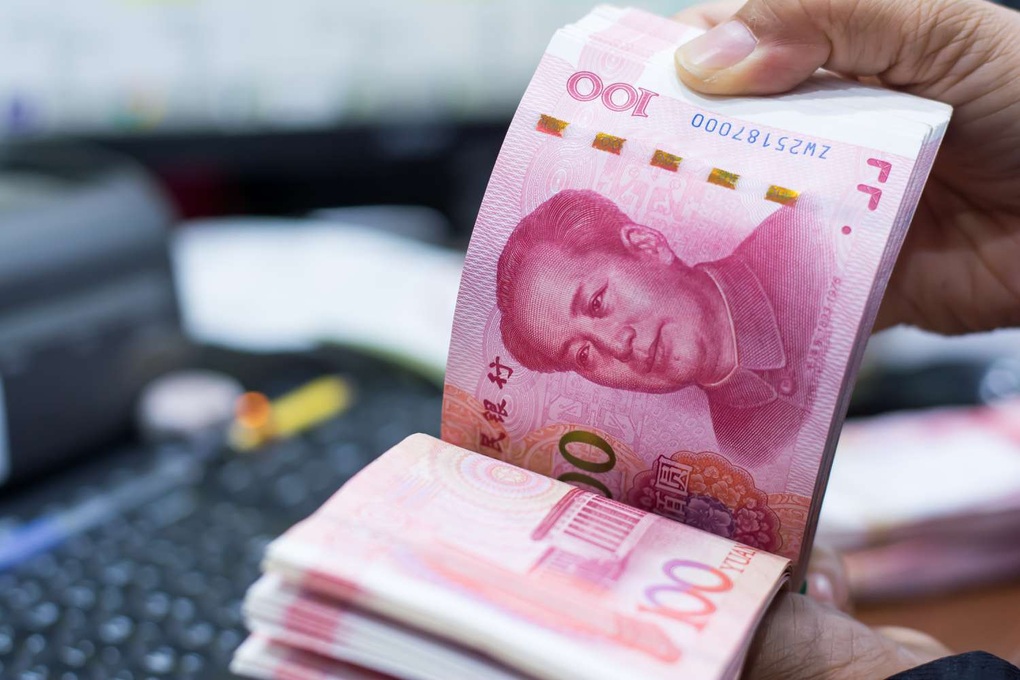
(Photo: iStock).
The producer price index (PPI) - which reflects prices at factories - fell 3.6% year-on-year, suggesting deflationary pressures remain. However, the NBS said prices in some sectors had stabilized or begun to recover.
However, the PPI decline was deeper than the 3.2% drop forecast by economists in a Reuters survey, and was the sharpest decline since July 2023, according to data from financial services firm LSEG.
China's PPI has been falling continuously since September 2022, showing persistent deflationary pressure in the world's second largest economy.
China has recently faced deflationary pressures due to weak domestic demand and industrial oversupply. Trade tensions have further hampered manufacturers’ ability to absorb inventory.
“It’s too early to say that deflation is about to end, as the property market is still weak and the price war in many consumer goods sectors is still in its early stages,” Zhiwei Zhang, chief economist at Pinpoint Asset Management, told CNBC.
However, the boost may not last in the second half of this year and China's core inflation could suffer if the supply glut persists, said Zichun Huang, an economist at Capital Economics.
“With supply continuing to outpace demand, persistent overcapacity means price wars are likely to continue among Chinese manufacturers,” Huang said.
Despite the disruptions to global trade caused by US tariffs, China’s exports have grown steadily in recent months, rising 4.8% in May and 8.1% in April, partly due to strong exports to Southeast Asian countries, which offset the decline in exports to the US.
In early May, Chinese financial authorities launched a series of economic support measures, such as lowering reference interest rates or reducing the reserve requirement ratio (RRR) for banks.
The Chinese government has also rolled out a series of other stimulus measures, including a trade-in program for cars, home appliances and other items, but the program has recently shown signs of slowing down. The auto industry’s price war and the lingering property crisis remain serious concerns for the government.
Source: https://dantri.com.vn/kinh-doanh/kinh-te-trung-quoc-don-tin-vui-giua-cang-thang-thue-quan-20250709183132963.htm


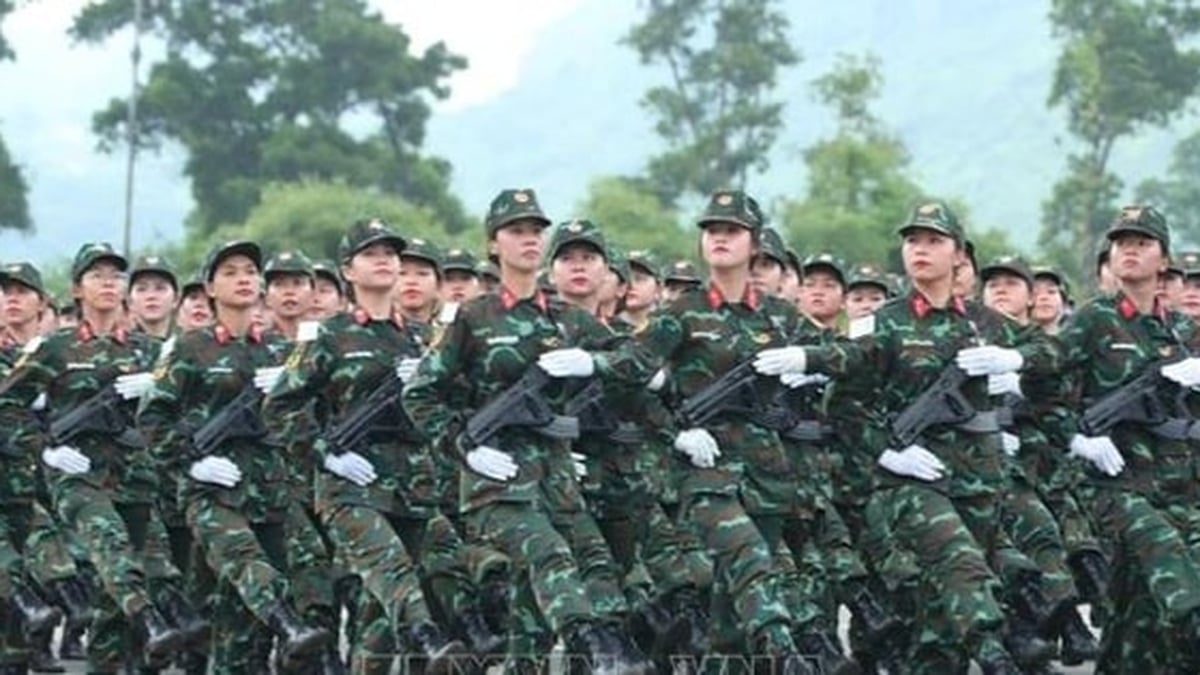
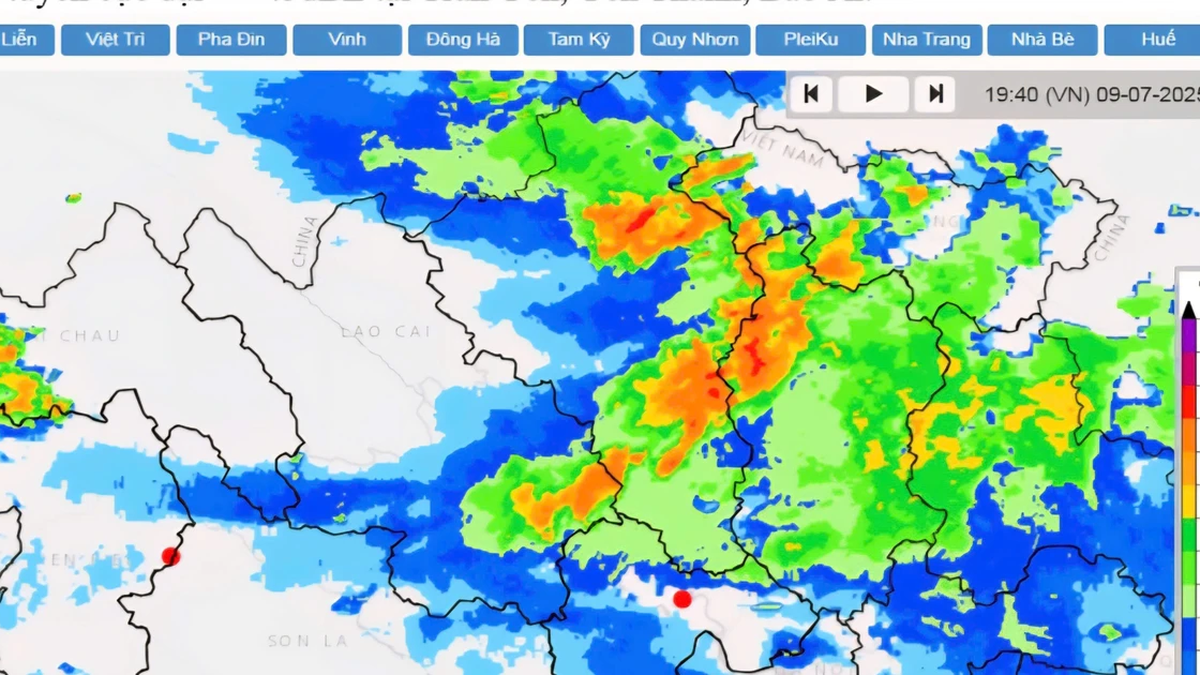
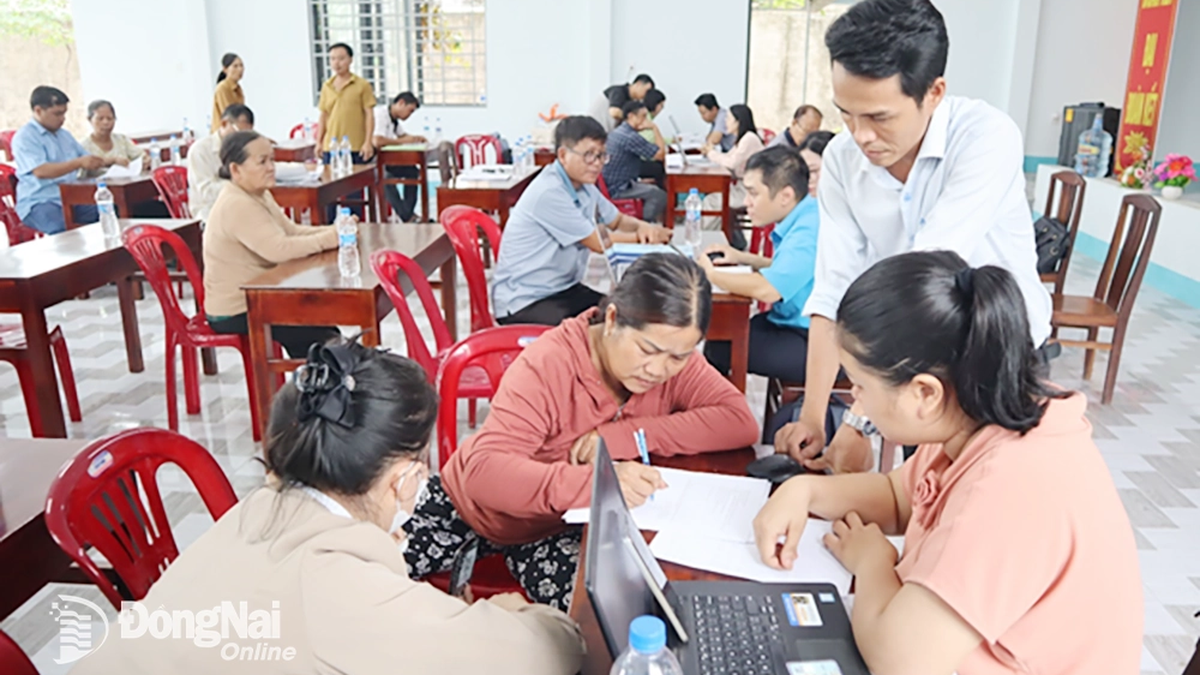

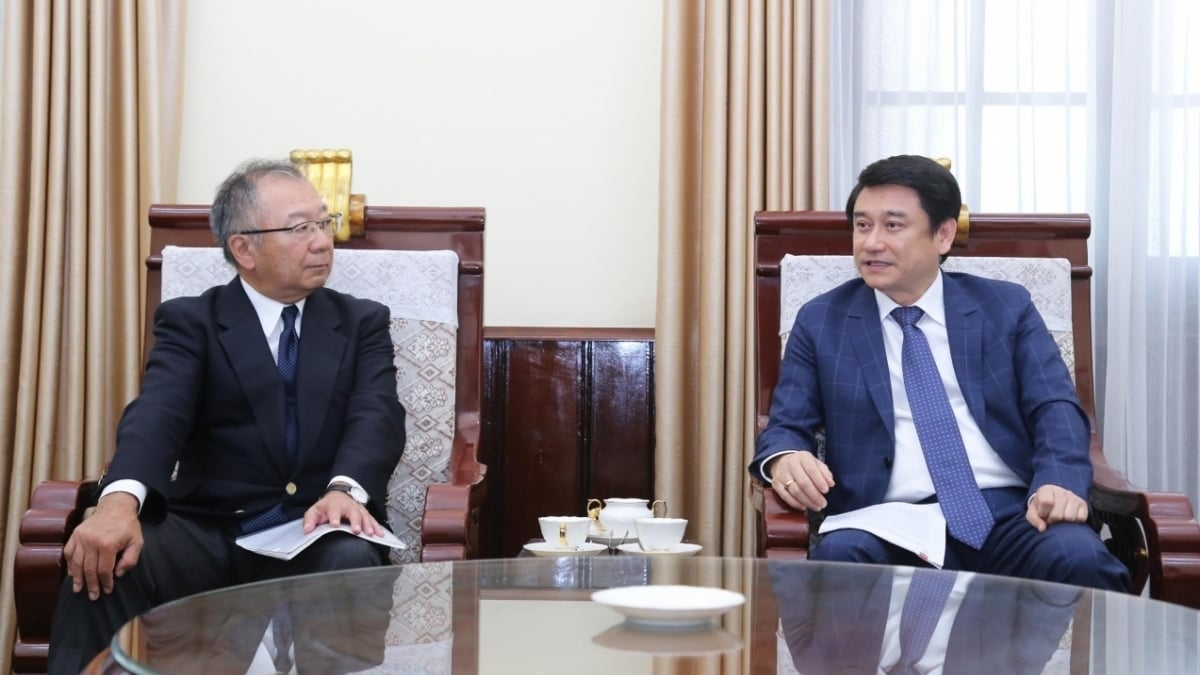



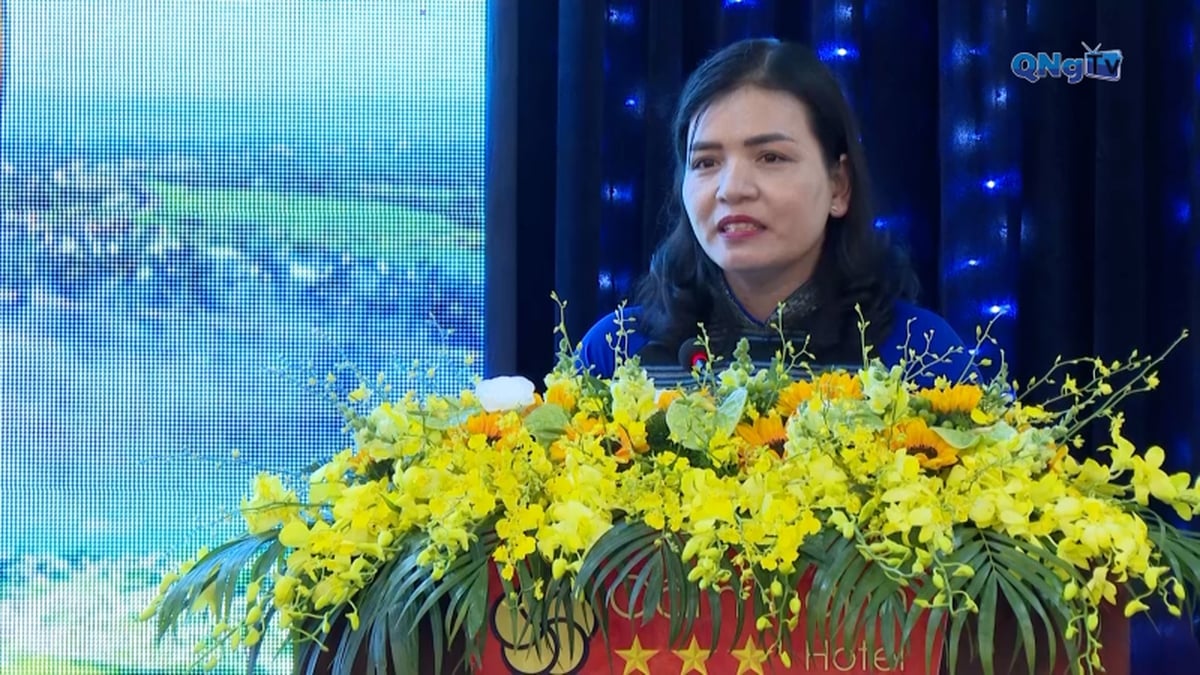











![[Photo] Gia Lai provincial leaders offer flowers at Uncle Ho's Monument with the ethnic groups of the Central Highlands](https://vphoto.vietnam.vn/thumb/1200x675/vietnam/resource/IMAGE/2025/7/9/196438801da24b3cb6158d0501984818)
































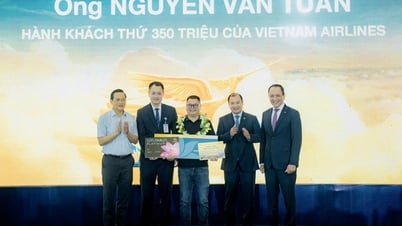










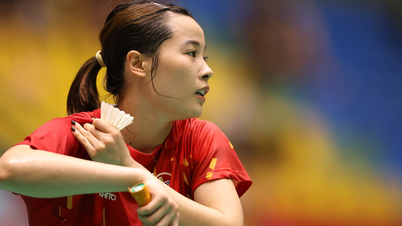
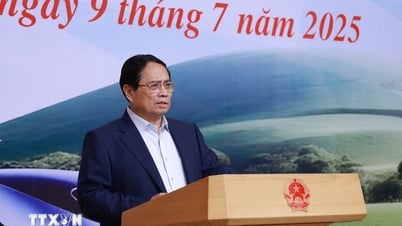
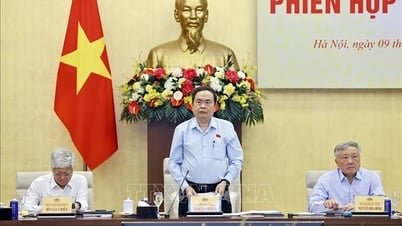

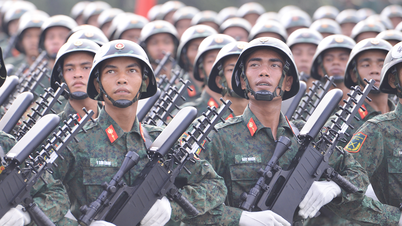

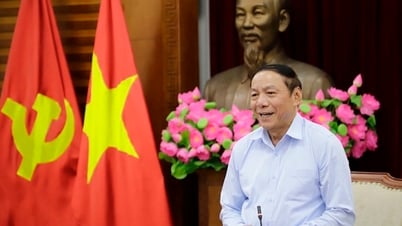






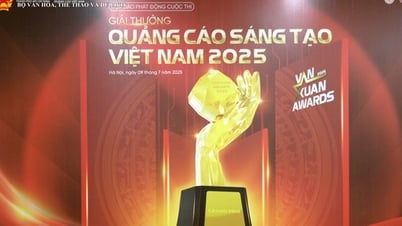












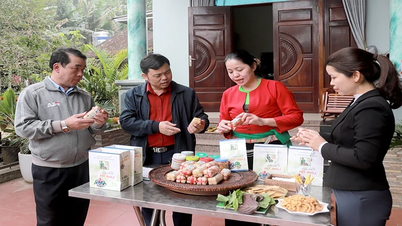








Comment (0)